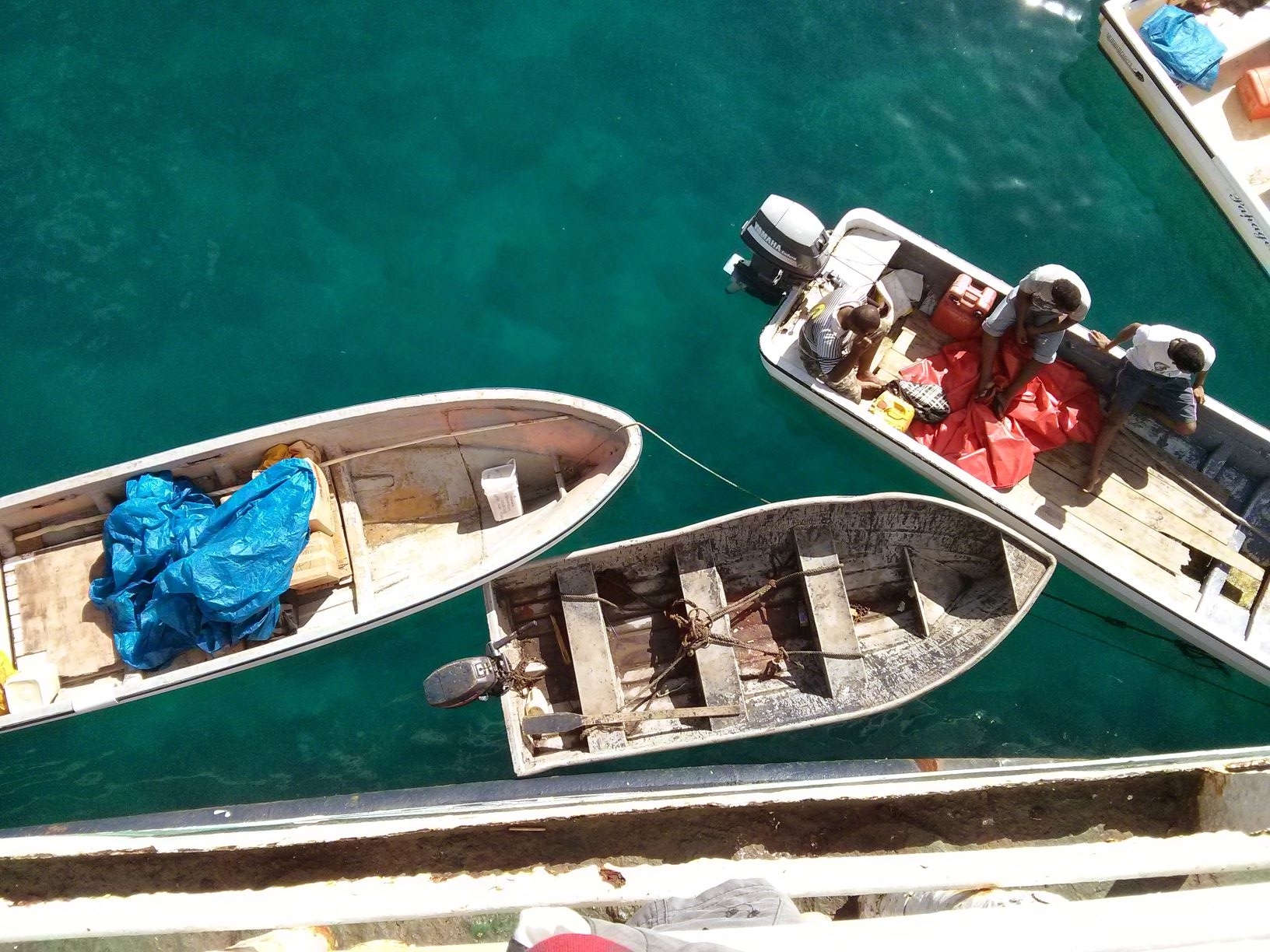Harnessing traditional knowledge of the oceans in a way that isn’t exploitative or tokenistic is emerging as a strong theme at a regional ocean meeting currently underway in Noumea.
Scientists, policy makers and others with an interest in oceans management are meeting at the Pacific Community to plan for the UN Decade of Ocean Science for Sustainable Development 2021-2030.
The Director of the Oceania Centre for Arts, Culture and Pacific Studies at the University of the South Pacific, Frances Koya, said the very premise of the UN decade and all Sustainable Development Goal frameworks need to be questioned first.
“When we unpackage the conversation about the Blue Pacific identity, the blue economy and the blue continent, it is very much an economic agenda,” she said.
“We will need to invest in research that examines indigenous understandings of sustainability, sustainable livelihoods, custodianship, stewardship and of course, resilience. Not just ecological resilience but a holistic, multidisciplinary understanding of what resilience means to us.”
Koya says we need to be vigilant about what another speaker described as ‘parachute researchers’.
“How can we ensure that we do not perpetuate extractive research and development practice, of taking from indigenous communities and knowledge systems to strengthen western models of good practice, that is culture and indigenous knowledge and participation solely for an outside agenda? We will need to be mindful for the need for very difficult conversations about meaningful participation, intellectual property rights and copyright in the context of collective cultural knowledge, shared and mutual gains and benefits, protective safeguarding mechanisms and legislature.”
Fiji’s Patrina Dumaru, who is a geography lecturer at USP reinforced this message, saying in her own research she very quickly learnt ,“you can’t really create behavioural change without appealing to the belief systems and the customary practices and values of the communities which you work with.
“I have worked with some great scientists who have appreciated this, but who also had challenges in interacting in that kind of environment.”
She appealed to scientists to think about how they can make their work relevant at the community level.
“ It is great to be innovative in your labs in the universities that you work in, but our relevance will be what kind of change is going to happen on the ground.”
A Pacific Youth Council representative at the meeting, Tyler Rae Chung, said learning traditional navigation techniques and ways of being with the ocean, “brought me back to my grassroots to understand that it is not just about extracting information from the ocean, but it’s also about understanding that there was indigenous knowledge before us.”
She appealed to participants to think about how they can work with young people during the ocean decade through a mentoring-monitoring program.
“It would be great to see what we can offer the next generation of leaders in terms of education assistance and building their capacity from grassroots levels to indigenous knowledge because it all comes back to the people as well as scientific knowledge.”
The Noumea meeting is the first of a series of regional meetings around the world to plan a scientific research agenda for the Ocean Decade. It continues today.
You are able to enjoy independent news coverage from the Ocean Decade conference through SPC’s Australian funded Climate and Ocean Support Program in the Pacific (COSPPac).
